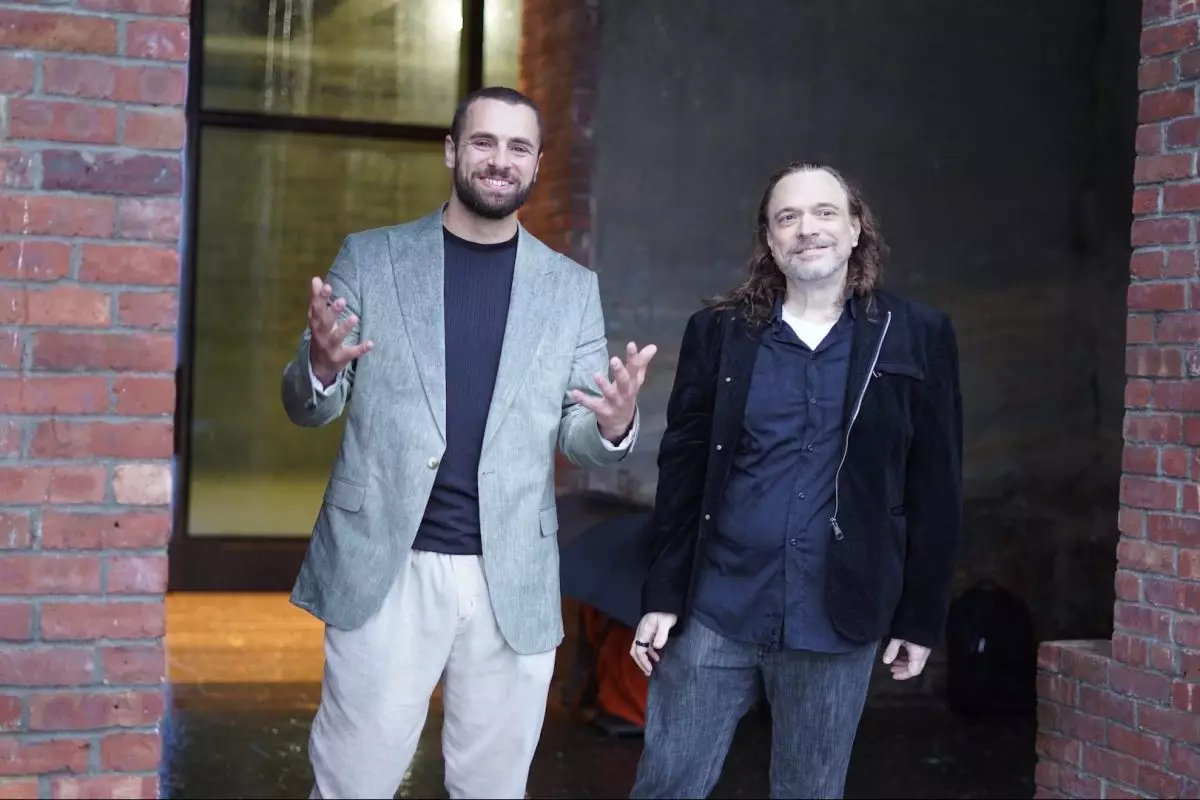In an era where artificial intelligence (AI) plays a pivotal role in enterprise solutions, the need for robust, integrated systems has never been more pressing. Companies are increasingly seeking streamlined methods to harness AI capabilities, prompting the emergence of innovative startups. One such company is Cake, newly unveiled from stealth mode with significant backing from Google’s AI venture fund. Founded in 2022 in New York, Cake aims to address a core challenge that many businesses face in deploying AI: integrating various open-source tools into a cohesive, efficient infrastructure.
The Concept Behind Cake: Layering Integration
The choice of the name “Cake” is highly symbolic, representing the layered structure it provides for AI infrastructure. Just as a cake comprises distinct layers brought together to create a delightful treat, Cake integrates over 100 components essential for AI operations. These components span a range of functionalities, from data source adapters and ingestion tools to AI APIs and database solutions. With such a diverse array of features, Cake aims to simplify and secure the AI tech stack for enterprises, enabling them to focus on their core competencies rather than being bogged down by complex setups.
The company’s founders, Misha Herscu (CEO) and Skyler Thomas (CTO), recognized through extensive market research that businesses often struggle with “the big picture problem.” This refers to the overwhelming challenge of harmonizing numerous tools across the AI landscape. Many organizations, especially those handling intricate datasets, find themselves at a crossroads where off-the-shelf products fall short or, in some cases, fail to comply with necessary regulations.
Cake’s financial backing speaks volumes about investor confidence in its business model. With a total of $13 million raised, including a recent $10 million seed round led by Gradient Ventures, the startup is well-positioned for growth. Such financial resources provide Cake with the impetus to refine its offerings and expand its customer base.
Offering a viable alternative to existing solutions, Cake distinguishes itself by not merely being a byproduct of a single open-source initiative. Rather, it serves as a comprehensive platform that curates and assembles various open-source components, enabling companies to construct specialized tools tailored to their unique challenges. From healthcare to finance, Cake positions itself as an adaptable solution provider capable of navigating the increasing complexities of AI requirements in diverse industries.
The path to AI integration, however, is fraught with challenges that Cake aims to alleviate. Enterprises often struggle with the time-consuming task of integrating emerging AI technologies, which commonly originate from research labs. These tools frequently lack essential features like authentication and compliance components, leaving organizations with the daunting task of enhancing their security infrastructure independently.
Both Herscu and Thomas draw on their rich backgrounds in AI and tech to address these challenges head-on. Drawing from their experiences, they understand that enterprises desire a seamless integration of research innovations into their operational frameworks. As a solution, Cake targets establishments ready to transition from standard products to Tailored systems capable of handling unique, high-stakes tasks.
In understanding Cake’s positioning, it is helpful to look at existing players in the market. For instance, companies like Aiven and Red Hat have paved the way for integrated open-source solutions, with Red Hat famously transforming Linux distribution into an enterprise-standard platform. However, while these companies have focused primarily on data infrastructure and operating systems, Cake’s approach is centered on the AI stack—a burgeoning sector ripe for innovation.
The founders have made it clear that their aim is to provide the necessary security and organizational ease comparable to what Red Hat achieved decades earlier. By standardizing access to the delicate layers of open-source AI tools, Cake aspires to foster a more secure, efficient, and accessible AI ecosystem.
Looking Ahead: Future Plans and Aspirations
As Cake solidifies its position in the AI infrastructure market, its future may involve the introduction of a cloud-hosted version of its platform, appealing to organizations with fewer compliance constraints. However, the current focus remains on empowering enterprises to manage their setups independently, which aligns well with growing data privacy concerns.
With plans for further financing on the horizon, Cake is looking to scale its operations and refine its offerings. The management believes the company is operating at a level more akin to a Series A startup, despite having recently completed its seed funding. This remarkable trajectory underscores not only the potential of Cake’s offerings but also a clear acknowledgment of the urgent need for accessible, integrated AI solutions in enterprise environments.
Cake is not just another startup in the crowded AI landscape; it represents a significant shift in how businesses can leverage open-source technologies to build robust AI infrastructures. As enterprises encounter increasingly sophisticated challenges, solutions like Cake will likely play a crucial role in advancing the integration of AI, elevating operational efficiency and enabling comprehensive data understanding. By breaking down barriers to entry and streamlining AI deployment, Cake is poised to become a key player in the future of enterprise technology.

